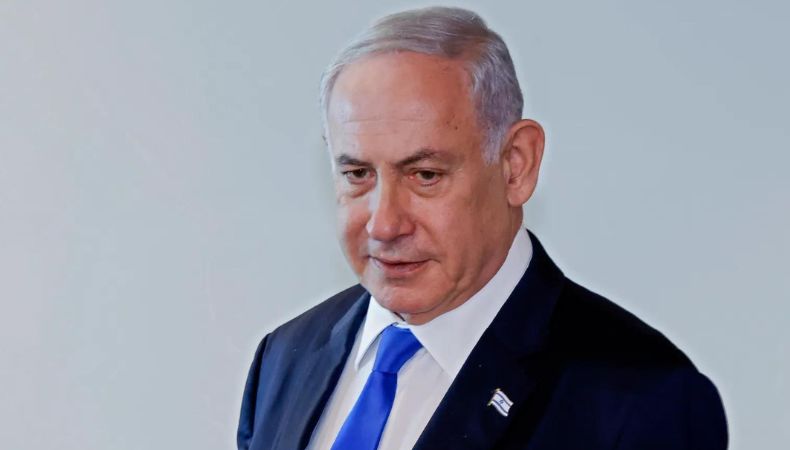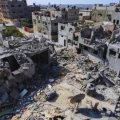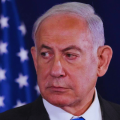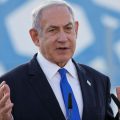Netanyahu Vows to Defy Allies in Israel-Gaza Conflict

In the ongoing Israel-Gaza conflict, Israeli Prime Minister Benjamin Netanyahu has reaffirmed his determination to launch an offensive in Rafah, despite facing international criticism. The city, located in the southern tip of the Gaza Strip, is home to around 1.5 million Palestinians who have sought refuge there from other parts of Gaza.
Netanyahu’s Determination Amid International Criticism
Speaking at a meeting of his cabinet, Netanyahu stated that “no international pressure will stop Israel” from achieving all of its war aims. He emphasized that stopping the war before achieving these goals would mean Israel had lost, which he vowed not to allow.
Rafah: A City Under Siege
Netanyahu’s offensive plans for Rafah are part of Israel’s broader aims, which include eliminating Hamas, releasing all hostages, and ensuring that Gaza no longer poses a threat. He mentioned that the offensive in Rafah “will happen” and is expected to last “several weeks.”
International Concerns and Criticism
Despite Netanyahu’s determination, his plans have been met with heavy criticism from the international community. German Chancellor Olaf Scholz, during a Middle East trip, reiterated his opposition to the plan. The UN and US have also warned that a full-scale assault in Rafah could have disastrous consequences.
Calls for Humanitarian Aid and Ceasefire
Chancellor Scholz stressed the urgent need for comprehensive humanitarian aid supplies for the people of Gaza. He emphasized the importance of improving conditions for aid distribution and called for a hostage deal for Israelis taken by Hamas on 7 October, alongside a longer-lasting ceasefire in Gaza.
Keep Reading
Netanyahu’s Defiance and War Aims
Responding to criticisms, Netanyahu lashed out at his critics, questioning if their memories were short. He referred to the 7 October attacks, which led to the current war, as the worst massacre committed against Jews since the Holocaust. He reiterated that Israel’s goal is to eliminate terrorist battalions in Rafah while enabling the civilian population to leave.
Netanyahu’s determination to push forward with the Rafah invasion despite international criticism underscores the complexities and challenges of the Israel-Gaza conflict. The calls for humanitarian aid and a ceasefire highlight the urgent need for a diplomatic resolution to the ongoing violence.







